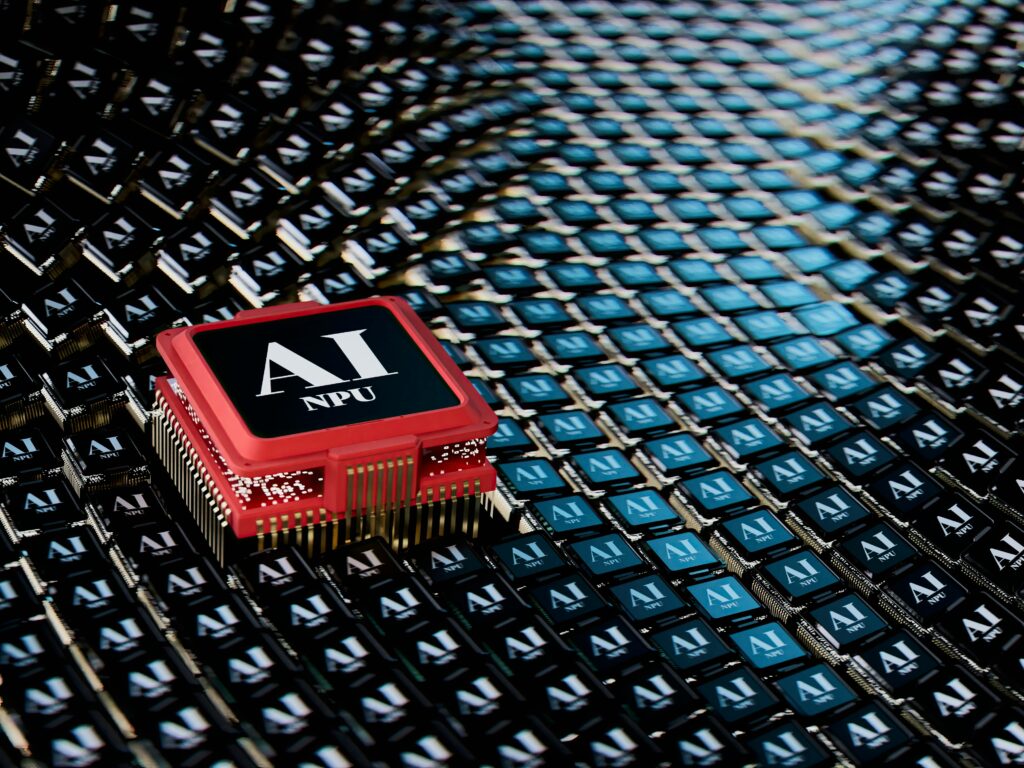Artificial Intelligence is transforming the way we live, work, and make decisions. But as AI’s capabilities grow, so do the ethical questions it raises. How do we ensure that AI remains fair, transparent, and respectful of human rights? Can we prevent bias, misuse, and a loss of accountability in AI systems?
This blog dives into the rise of ethical AI—a movement focused on ensuring that technology serves humanity, not the other way around. From data privacy to bias mitigation, ethical AI is essential to build trust and prevent unintended consequences.
What Is Ethical AI?
Ethical AI refers to the development and deployment of artificial intelligence systems that are aligned with core human values—fairness, privacy, accountability, transparency, and safety. It ensures that the technologies we create do not discriminate, exploit, or harm users in any way.
Governments, developers, and organizations worldwide are recognizing that ethical frameworks must guide AI innovation. Just like laws regulate medicine or finance, ethical principles are essential to safeguard AI’s widespread use.
The Importance of Fairness and Inclusivity
AI systems are only as unbiased as the data they are trained on. Unfortunately, many datasets reflect historical inequalities and societal bias. Without careful curation, AI can perpetuate discrimination in hiring, law enforcement, healthcare, and more.
Developers must now incorporate fairness audits, diverse training data, and bias detection tools. By ensuring inclusivity in AI systems, we create solutions that benefit everyone—not just a privileged few. Example: IBM’s Fairness 360 toolkit and Google’s What-If Tool are steps toward ensuring algorithmic fairness.
Privacy and Data Protection in the AI Era
With AI systems relying heavily on data, privacy is a major concern. Users must know how their information is collected, stored, and used. Ethical AI prioritizes transparency and consent in data practices.
Laws like the General Data Protection Regulation (GDPR) in Europe and similar acts in California (CCPA) are shaping how companies manage user data. But technical design also matters—AI systems must include mechanisms for anonymization, encryption, and user control.
Accountability: Who’s Responsible When AI Fails?
One of the biggest challenges with AI is accountability. When a system makes a harmful decision, who is to blame—the developer, the company, or the algorithm itself?
Ethical AI requires clearly defined responsibility across all stakeholders. This includes explainable AI (XAI) systems that provide understandable justifications for their decisions. Transparency isn’t just good practice—it’s necessary for legal and ethical clarity.
Example: The European Commission’s AI Act proposes strict requirements for high-risk AI applications and mandates human oversight.
Ethical AI in Action: Real-World Examples
Healthcare: Ethical AI ensures medical tools are not racially biased. Tools like Google Health’s AI are tested across demographics for fairness.
Finance: Credit scoring systems now include explainability modules, so applicants understand decisions that impact their lives.
Energy & Infrastructure: Companies like K-Electric are exploring AI for better resource distribution, and ethical frameworks help ensure that predictive systems don’t disadvantage under-resourced areas.
The Role of Human Oversight
Even the most advanced AI should not operate independently in high-stakes environments. Human oversight is essential to prevent errors, enforce standards, and maintain moral judgment.
From medical diagnoses to legal decisions, AI should assist—not replace—human professionals. Ethical AI insists on keeping people in the loop, especially when lives or rights are at stake.
Building Ethical AI: The Path Forward
To create truly ethical AI, collaboration across industries is required. Developers, ethicists, regulators, and users must co-create guidelines that balance progress with protection.
Key steps include:
- Ethical training in computer science education
- Inclusion of ethicists in AI development teams
- Community involvement in policy-making
- Ongoing audits and third-party evaluations
Conclusion: A Smarter Future Needs Stronger Ethics
Ethical AI is no longer optional—it’s a necessity. As AI reshapes industries and societies, embedding ethics ensures that we innovate responsibly. The goal isn’t to slow progress, but to steer it in the right direction.
A world powered by AI should also be a world guided by humanity. Only then can we harness AI’s full potential without sacrificing trust, equity, or freedom.






